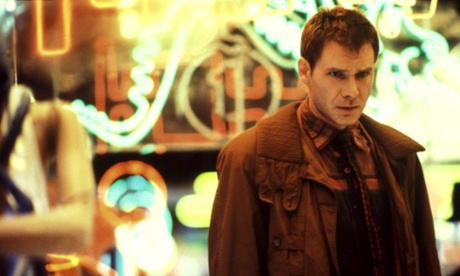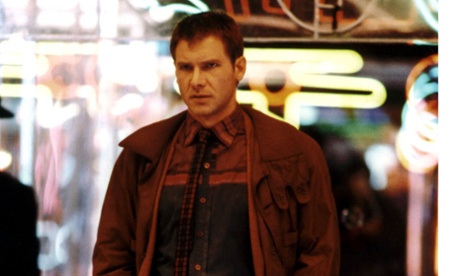The great film critic Roger Ebert once compared the argument that Stanley Kubrick’s 2001: A Space Odyssey had left too many questions unanswered – and therefore required a sequel 16 years later in the form of 2010: The Year We Made Contact – to a little boy cutting open his drum to see what made it bang. One gets the impression, while watching movies such as Ridley Scott’s Alien: Covenant, that modern Hollywood is determined to keep tearing into the taut skin of its most sacrosanct sci-fi classics until it has proved definitively that there was never anything important inside in the first place.
Over the course of two movies now, beginning with Prometheus (2012), Scott has meticulously expanded our knowledge of how the creatures introduced in Alien (1979) came into existence. But the more we know about the acid-spewing monstrosities, the less scary they become. The films break the basic rule of horror: that the creatures of our nightmares are always more terrifying when half glimpsed in shadow than when exposed to the full glare of the lightbulb – let alone four hours of portentous backstory.
Let us hope the same mistake isn’t made with the forthcoming Blade Runner 2049, a sequel to Scott’s other great sci-fi movie. This time it is Arrival’s Denis Villeneuve in the director’s chair, which bodes well given the Canadian’s previous films. But the latest trailer suggests yet another universe is being primed for ruthless expansion in the name of modern Hollywood.
We get to see how the replicants are “born” (shot out of the end of a slimy tube, fully grown) and what a harrowing experience this must be. We see much more of the machinery behind the existence of the artificial humans, as well as the cruel attitudes towards them from mankind. There’s even a heavy hint that Ryan Gosling’s Officer K might somehow change the way society thinks about replicants – is he the first naturally born replicant, perhaps? A human/replicant hybrid? It doesn’t really matter – we are being lulled into seeing this movie because it promises to shine more light on the dusky, Delphic world of the original. But, again, should we be careful what we wish for?
In the latter case at least, Villeneuve is working within a genre that better suits expansion into further instalments, as well as material that lends itself to a widening of the focus. The Blade Runner sequel arrives at a time when the development of humanoid robots has never been more under the microscope. There should be no need to follow the Prometheus template and add a load of CGI space Titans just to keep things interesting. But there remains the risk that opening Pandora’s box could prove just as damaging for the Blade Runner saga as it was for Alien.
Perhaps the current prominence of TV writers in Hollywood is to blame for this constant desire for exposition. New shows now sell themselves as endless Russian doll sets of revelation, with each new episode unravelling more layers of mystery. In an industry where the Lost creators JJ Abrams and Damon Lindelof, for instance, have long been part of the screenwriting A-list, perhaps this penchant for constantly unveiling new secrets should come as little surprise.
The problem is that, while a couple of duff episodes do not necessarily ruin a TV show’s legacy, the same cannot be said for big-screen instalments. The Matrix was never quite the same after the Wachowskis chose to head back down the rabbit hole for two overly expansive sequels, while Tron: Legacy took the shine off the original film’s glorious 8-bit veneer. The Terminator saga, which kicked off so menacingly in 1984 with James Cameron’s unfussy original, has been slowly ruined by Hollywood’s determination to keep giving us new and elaborate permutations of killer cyborgs.
Here’s a suggestion: rather than ruining the mystery of movie sci-fi with a neverending array of sequels, studios might consider giving us original visions that are intended from the very beginning to be the first in a series. That’s what JK Rowling has just done, adapting her own book for the screen with Fantastic Beasts and Where to Find Them. And it’s what Marvel has been doing for almost a decade with its superhero films. Not so much slicing into the drum to see where the noise comes from, then, as building an entirely new instrument designed to fit the rhythm of modern Hollywood.











